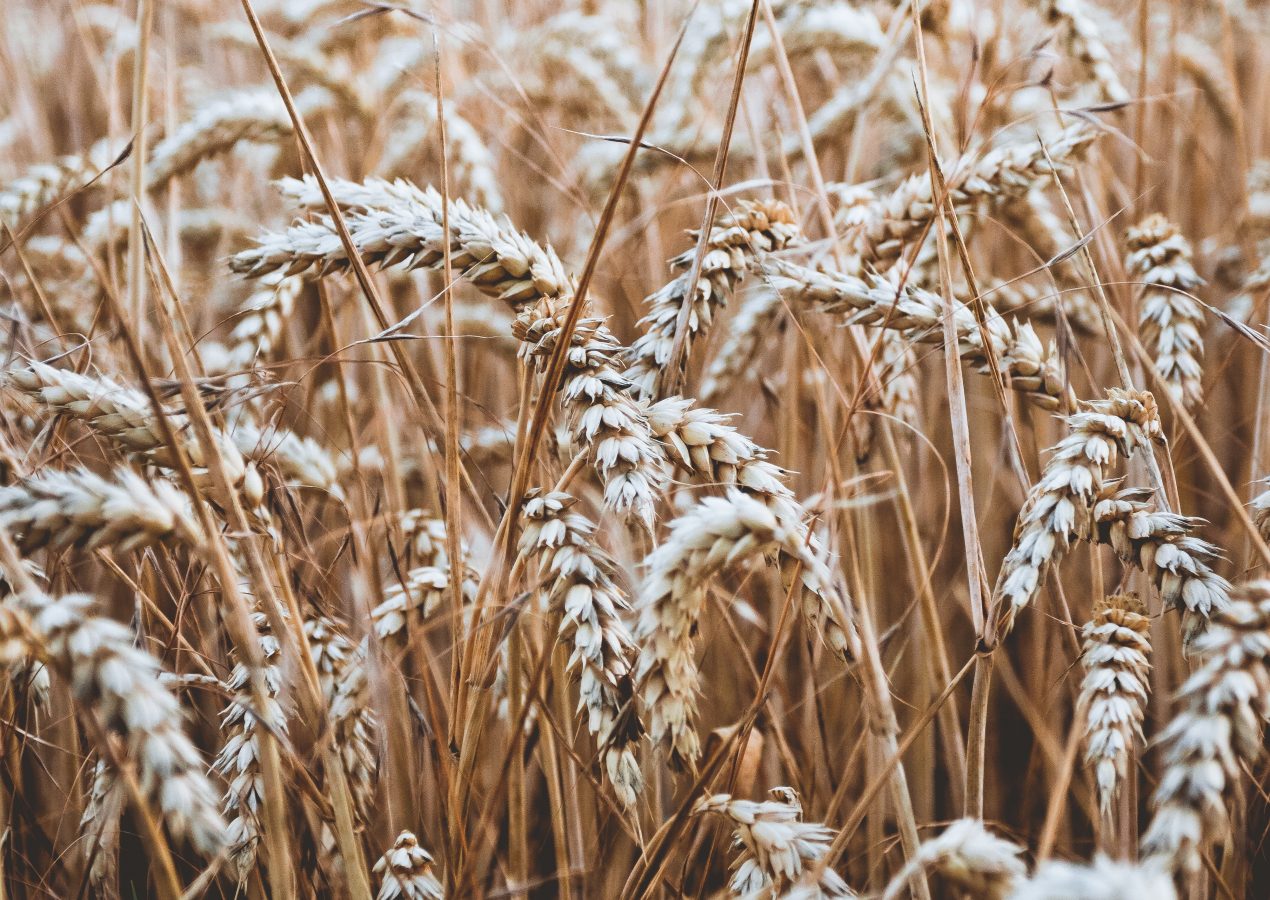Fibre and its Role in the Body

We’ve all heard about fibre, but let’s be honest, how much do we (the average person with a jam-packed daily routine) really know what it is and why it’s an essential part of a healthy diet? Read on to find out why fibre truly is the coolest kid on the block!
What is fibre?
Fibre constitutes the indigestible parts of plant foods, found particularly in the skins, seeds and stalks of vegetables and fruits as well as grains, beans and legumes. Fibre is a carbohydrate that passes through the digestive tract remaining relatively unchanged, helping to keep our digestive system clean and healthy.
Types of fibre:
Soluble fibre (SF) forms a gel when mixed with water, slowing down the emptying process in our stomachs which helps us feel fuller for longer. It also helps to lower cholesterol and stabilise blood glucose levels. SF can be found in fruits, vegetables, oats, barley, seeds and legumes.
Insoluble fibre (IF) absorbs water and increases stool bulk, helping to improve bowel function. It also helps to keep us full and our bowel environment healthy. It can be found in wholegrain breads and cereals, nuts, seeds and the skins of fruits and vegetables.
Resistant starch (RS) is not traditionally thought of as a fibre but acts in a similar way. Resistant starch travels to the large intestine where it assists in the production of good bacteria and maintains bowel health. RS can be found in undercooked pasta, under-ripe bananas, or even cooked and cooled potato and rice.
*Fast fact
Did you know most Australian’s do not consume enough fibre, averaging 20-25g daily?
The Heart Foundation recommends that adults consume 25-30g daily.
Ways to increase fibre in your diet:
Eating a variety of plant-based foods will help you get enough fibre each day. This includes:
- Having two pieces of fruit and five servings of vegetables a day
- Consuming a variety of wholegrains such as; rice, oats, quinoa, barley, buckwheat
- Choosing wholegrain, wholemeal and/or high fibre varieties of grain-based food
What you’ll get out of it:
- Helps you feel fuller for longer, which reduces feelings of hunger
- Keeps your digestive system healthy and bowel movements regular
- Improves cholesterol and blood sugar levels
- Assists in preventing some diseases such as diabetes, heart disease and bowel cancer
Lastly, as fibre absorbs water to help with bowel function, we need to ensure sufficient amounts of fluid are being consumed. Drink up!!